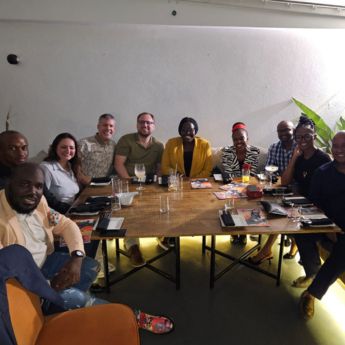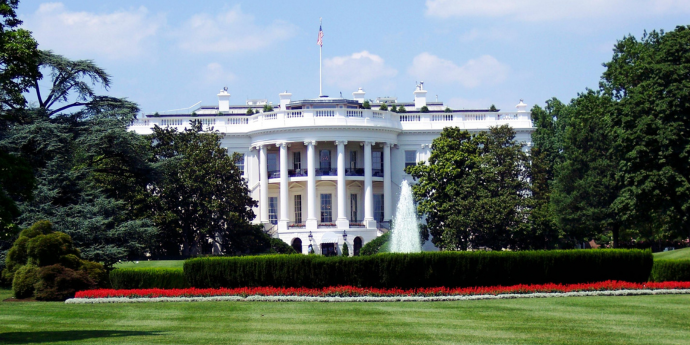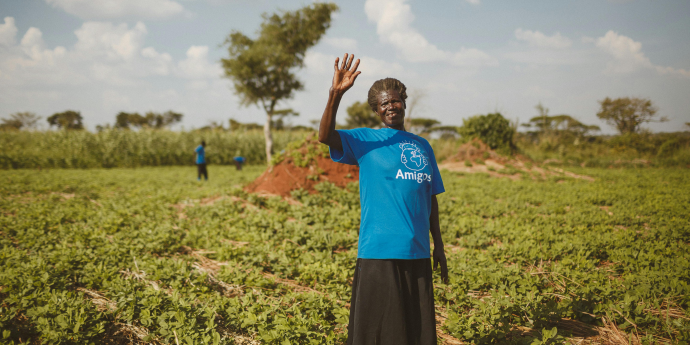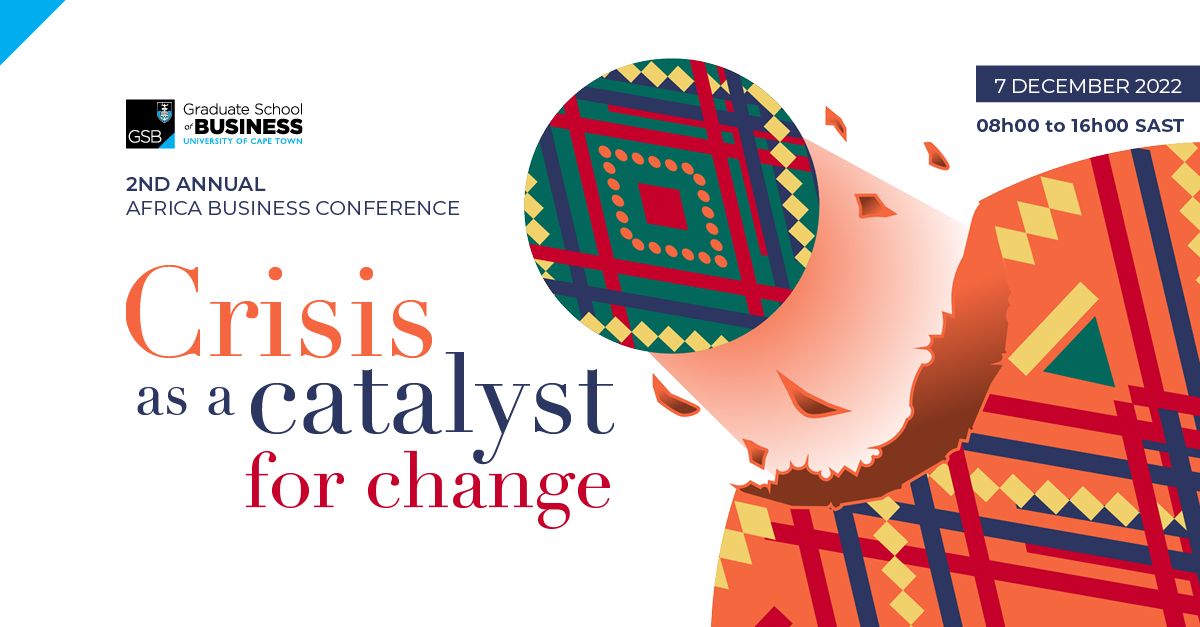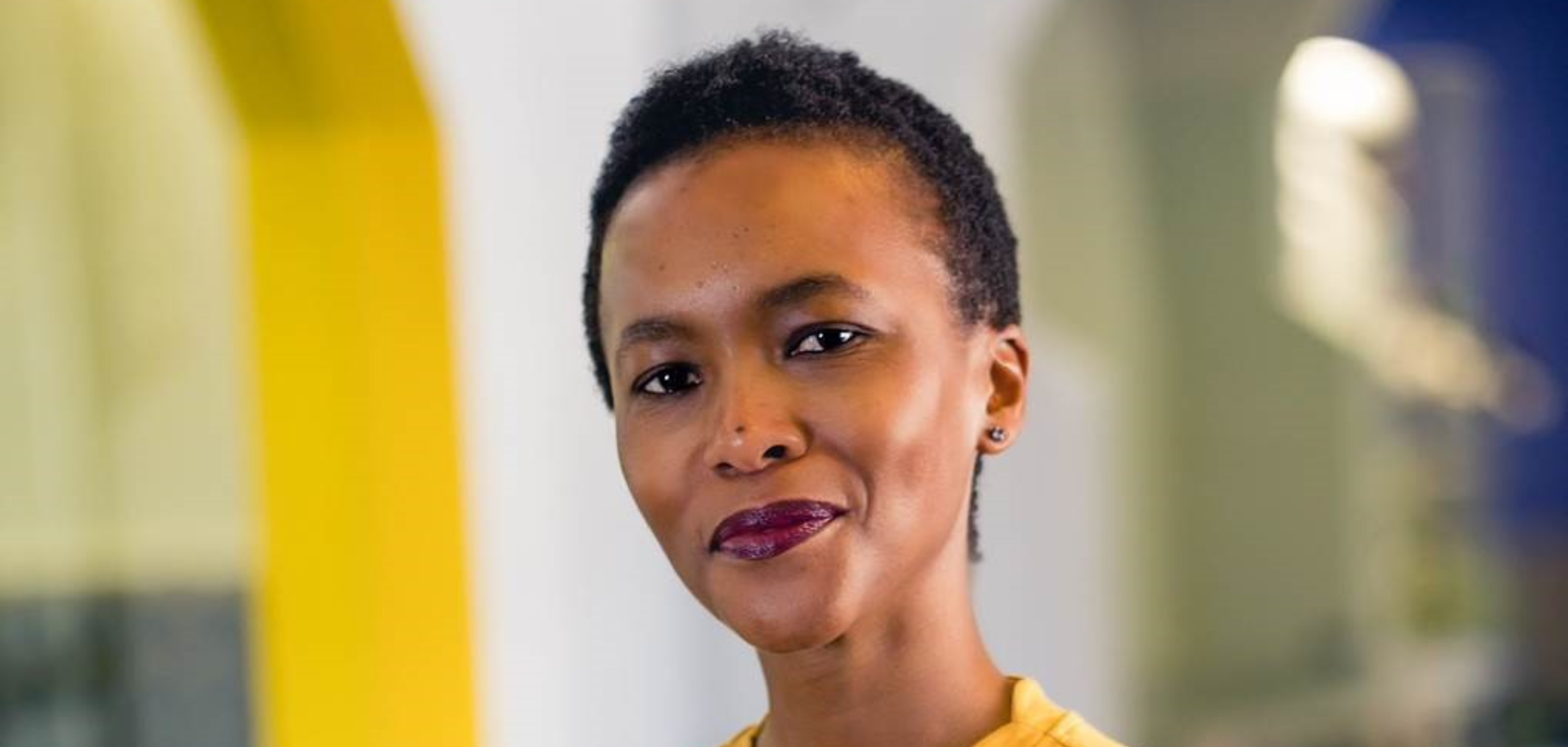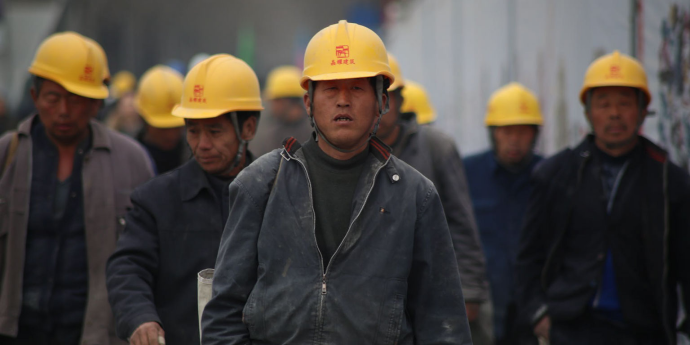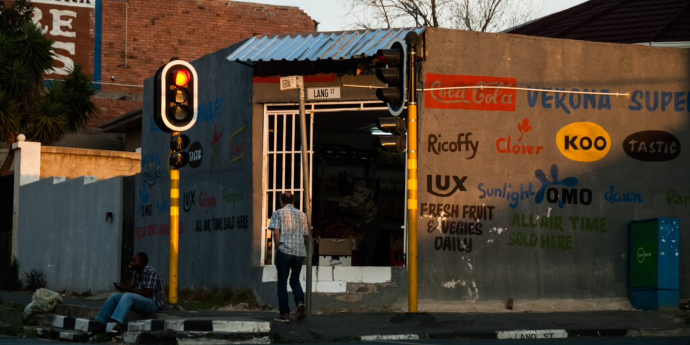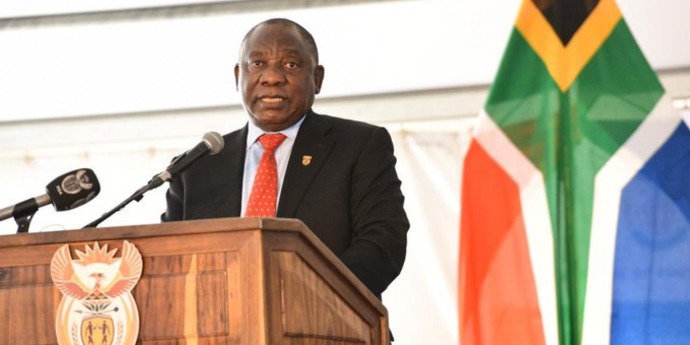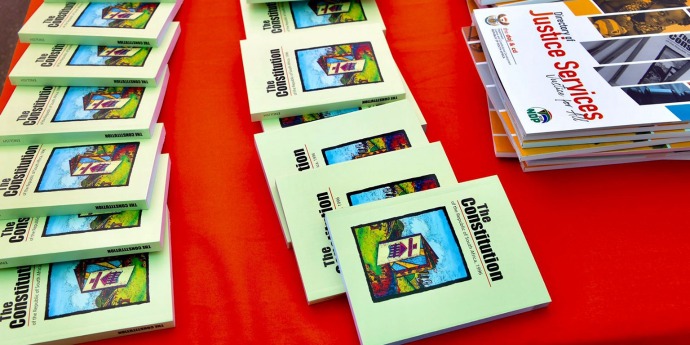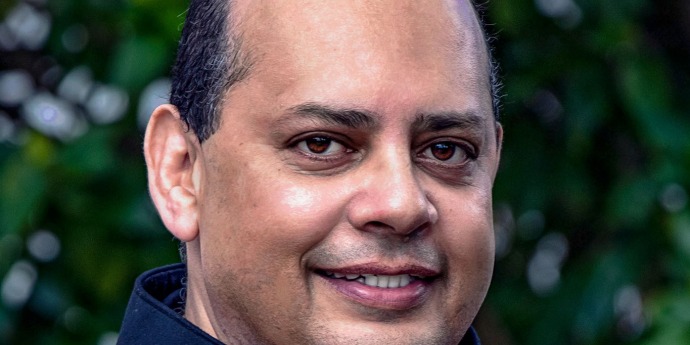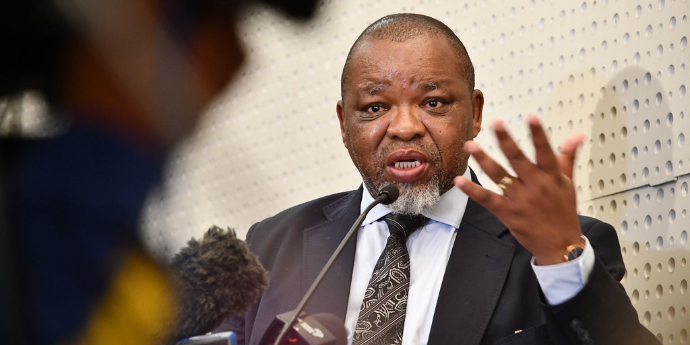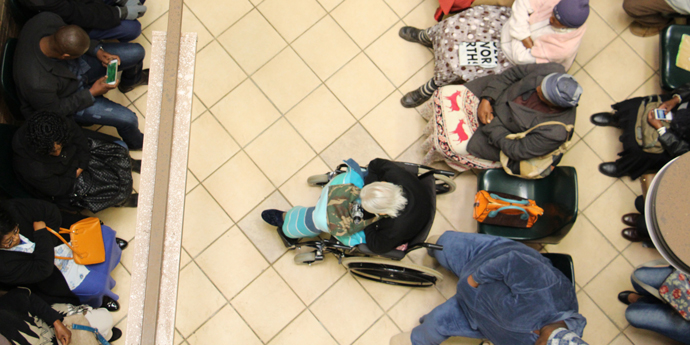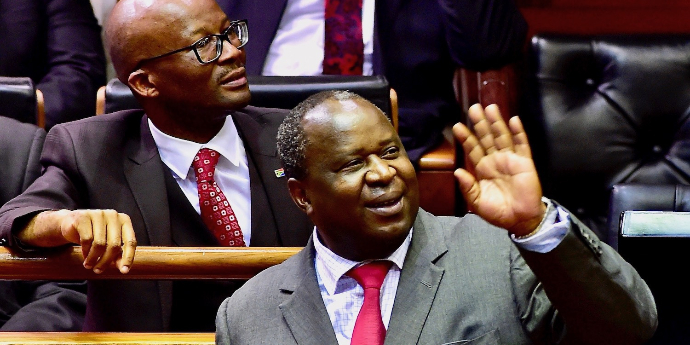In April 2024, some of the EMBA24 class did an immersion trip to Nairobi. One of the EMBA programme’s visions is that we become “better African leaders” and this trip was arranged to have a lived experience of Kenyan culture, economy, societal development, people and beauty that contributes towards a vision of African leadership.
The trip was no holiday as local EMBA24 hustler, Wambui Njuguna, aka “Lilian”, opened several doors with local businesses and social enterprises to keep us focused and informed. Thanks to Wambui’s efforts, we can 100% say we experienced that Kenyan hustle. As one local told us: if you don’t at least have three side jobs, then you are not Kenyan.
At the start of our week we were dropped into a Kenyan market, observing how the informal market trades with the digital wallet closed economy created by M-PESA. The set-up on our mobile devices for the week was easy and it was incredible to experience the ease of immediate money transfer from person-to-person. The Kenyan’s have created something different as means of payment and a new style economy that has left traditional banks with their rules and processes far behind. An opportunity missed and a lesson learned is that foreigners need to understand local jurisdictions and enter with adaptation rather than impose.
We moved from market to boardroom for a strategic lens discussion with M-PESA CEO, Sitoyo Lopokoiyit. Sitoyo provided us valuable insights framing the product, discussing why M-PESA failed in South Africa, its successes in East Africa and how M-PESA is navigating data, as well as regulatory and technology challenges in expanding into new markets in Africa.
Our next formal business adventure was to Supaloaf distributors. This family-run business extended a warm welcom and explained their story from small home kitchen with ‘Mama’ – who still works today and who we had the privilege of meeting at the factory – to being the largest bread manufacturer and distributor in Kenya. Supaloaf’s COO, Paul Waweru, and HOO, Ismail Hussein, took us on a fascinating tour of their largest facility, explaining the processes and logistics of getting breads to remote parts and running a 24/7 operation. Supaloaf is not fully automated (something we queried) and the responses spoke to Kenya’s altruistic industrial philosophy. Paul explained that they could automate more, but then they’d be cutting the jobs of the very people who are consuming their product and negatively impacting society. This was not the first time on our trip that we heard society first for positive impact, and profits second. A profound approach when capitalism indoctrinates us to chase profits first.
Our boardroom journeys continued with a beautiful discussion with Catherine Muraga, MD at Microsoft ADC, who shared her story as a leading woman in technology on the African continent. In that story she reminded us of the many challenges we face along the path as employees before we are in the positions to lead and make meaningful changes. It was humbling to listen to her vision, and that of Microsoft, to continue expansion on the African continent with the rich abundance of talent and youth the continent offers.
Our week was also spent exploring several socio-economic and environmentally sustainable programme initiatives. These included Ocean Sole, which takes discarded flip-flops and other ocean debris and upcycling these into artwork, while cleaning the environment. During our visit, they were just finishing a massive giraffe for the Pullman Hotel made entirely out of flip-flop waste.
Kazuri Beads was another social enterprise that started as an organisation providing employment for single mothers in the villages to now generating employment as a recognisable social enterprise making unique beads using Kenyan mountain clay that is exported worldwide. As food brings people together, we also visited Browns Cheese who are crafting natural and local dairy products from their small factory using an integrated local farmer supply network.
Besides the many corporate and social enterprise visits and engagements, our group was also able to enjoy the beauty that Kenya offers. We had an unforgettable tour through Nairobi National Park with the most skillful tour guide that made sure we got a tour bonding experience chasing lions. For a closer look and feel we visited the Giraffe Conservation Centre where we fed and interacted with the majestic towering presence of these animals.
One of the final highlights of our trip was the reach of the UCT GSB Alumni Chapter programme. As EMBA24 alumni we were quickly able to connect and arrange a dinner with the Nairobi chapter, making friends locally who provided us with some fun, laughter and knowledge about Nairobi. Thank you Micah, Folu, Liz and Eunice for welcoming us.
As a group, we reflected on our trip one evening, stranded in an Uber, with waist -high water, with no fuel nor driver and agreed that this adventure was one we would do again. It had been an enriching experience towards that vision of African leadership that money can seldom buy and Nairobi exceeded all our expectations to show us the role we have to play as leaders.

